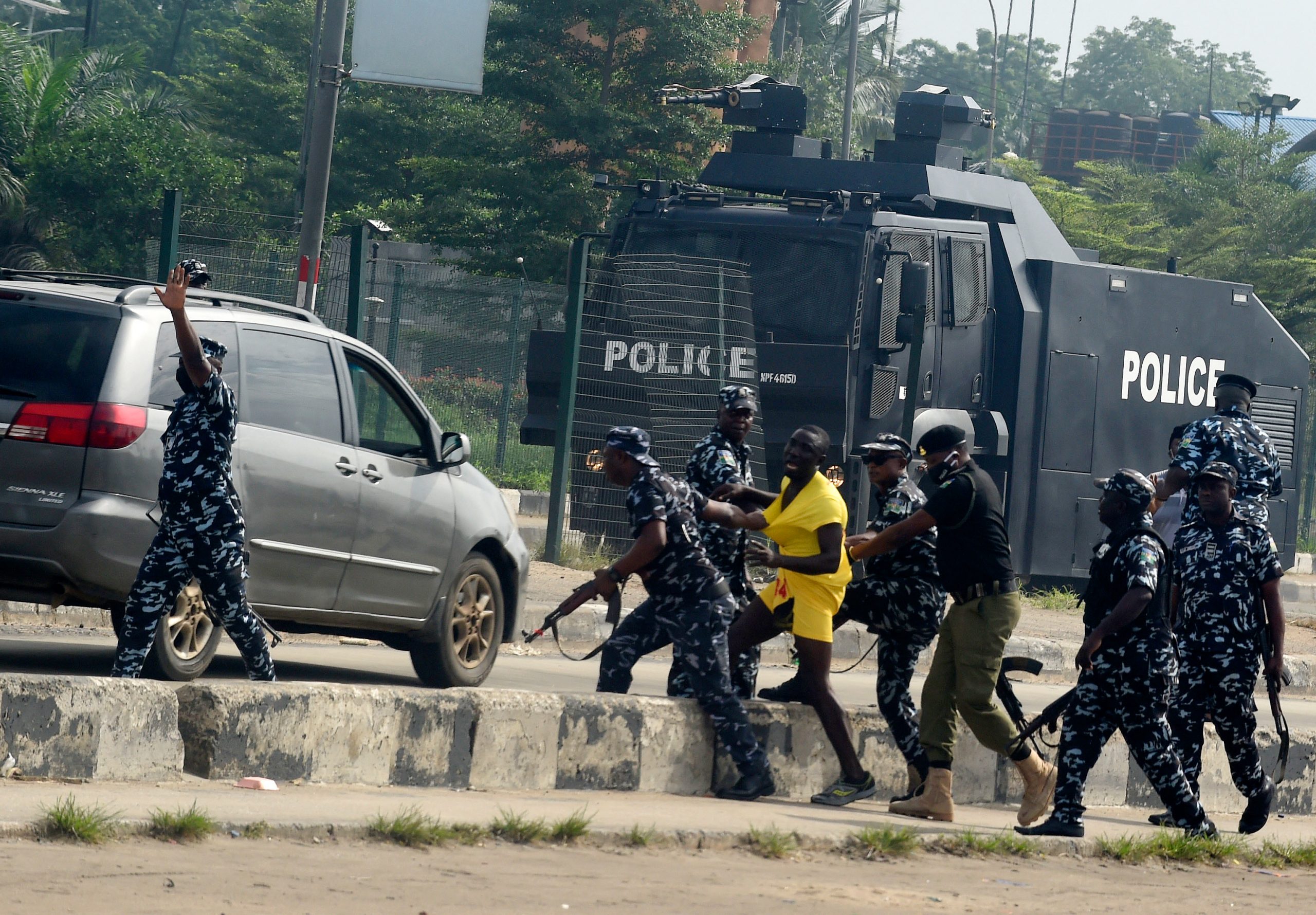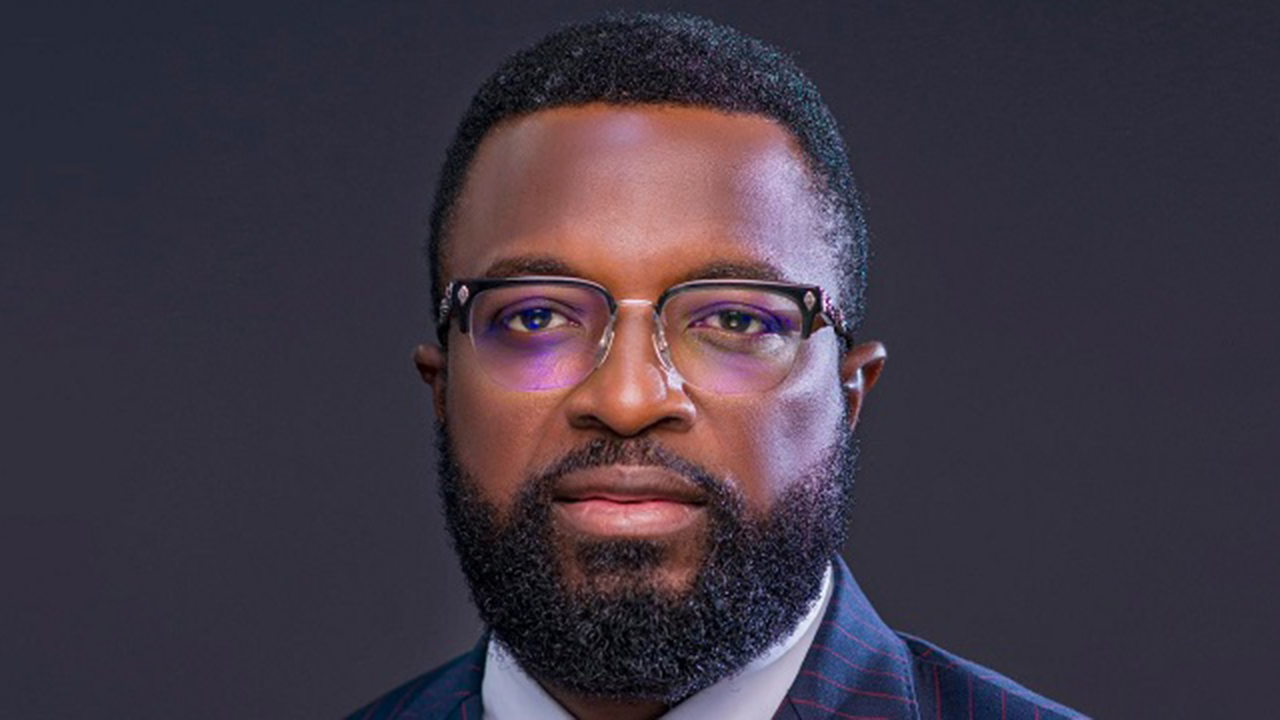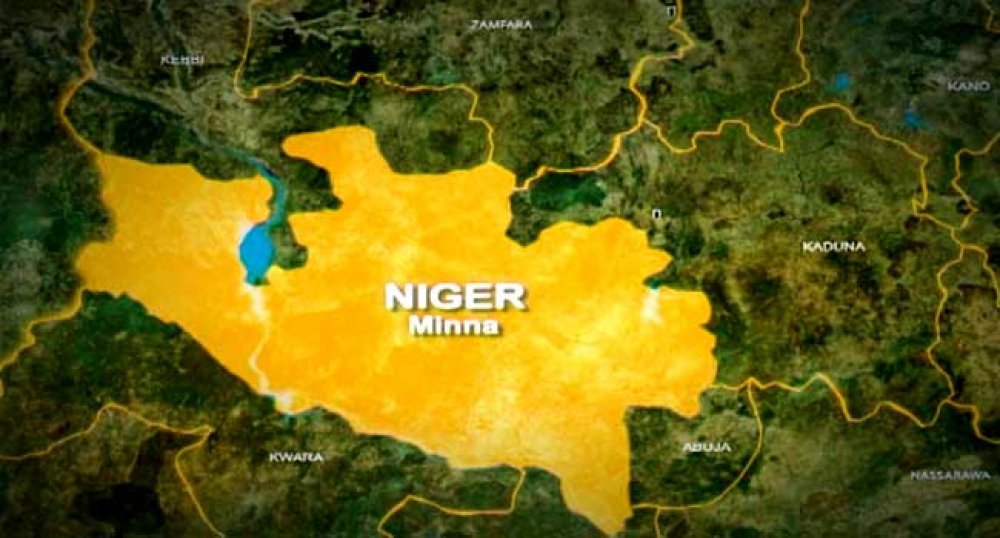
• Blames personnel for surge in attacks, 65% of assaults in 2024
• Institutions meant to protect journalists now oppress them, MRA laments
• DSS, Oborevwori task media on safety, misinformation
A report released yesterday by the Media Rights Agenda (MRA) revealed that security agencies, including the police, military, and intelligence services, have consistently been the primary antagonists of the media in Nigeria in recent years, accounting for the highest number of attacks on journalists in 2024.
The 137-page yearly State of Media Freedom report, titled “Media Freedom Under Threat: The State of Media Freedom and Journalists’ Safety in Nigeria 2024”, highlighted that law enforcement and security agencies were responsible for 29 out of 64 recorded attacks on journalists in 2022, accounting for approximately 45 per cent of the total. In 2023, these agencies were behind 34 out of 77 documented attacks, representing about 44 per cent.
However, the MRA noted a significant deterioration in the situation in 2024, with law enforcement and security agencies responsible for 45 of the 69 attacks recorded between January 1 and October 31, representing roughly 65 per cent of the total.
In a statement issued in Lagos to announce the launch of the report, MRA’s Programme Officer, Mr John Gbadamosi, remarked: “It is ironic that the institutions tasked with upholding the rule of law and ensuring the safety and security of citizens, including journalists, have instead become instruments of oppression against the media. Worse still, the pervasive culture of impunity, which has ensured a lack of accountability for past attacks, has emboldened these perpetrators to act with unprecedented brazenness.”
The report documented 21 cases of assault and battery against journalists in the first 10 months of the year, 17 instances of arbitrary arrests and detentions, three raids on journalists’ homes or offices, eight threats to life, two cases of harassment, six abductions or kidnappings, five instances where journalists were obstructed from performing their duties, one journalist killed, and six other forms of attacks.
In addition to law enforcement and security agencies, the report also identified other perpetrators of attacks against journalists, including government officials (responsible for four attacks), the judiciary (two violations of journalists’ rights), thugs and hoodlums (seven attacks), unknown gunmen (four attacks), and six other unidentified individuals.
Gbadamosi pointed to a positive development during the year, noting: “In recent years, crippling fines imposed by the National Broadcasting Commission (NBC) on broadcast stations for alleged violations of the Nigeria Broadcasting Code have been a recurring threat. However, 2024 saw zero fines imposed by the NBC, apparently as a result of court judgments secured by the MRA in May 2023 and January 2024, which prohibited the NBC from further imposing such fines on broadcasters. We commend the NBC for complying with the court orders.”
He also highlighted another significant development—the opening of a court-mandated inquiry into the death of Mr Pelumi Onifade, a 20-year-old reporter with Gboah TV. Onifade was reportedly arrested by policemen attached to a Lagos State task force while covering the #EndSARS protests in 2020 and was later found dead at a mortuary in Ikorodu, Lagos, where his body had been deposited.
Describing the inquiry as unprecedented and a major step toward accountability and justice in cases involving attacks on journalists in Nigeria, Mr Gbadamosi stated that MRA was proud to have initiated the wrongful death suit against the police and the Lagos State Government. This suit led to a Federal High Court judgment in Lagos, which directed an investigation into Onifade’s death.
Gbadamosi concluded by emphasising that without meaningful action to safeguard media freedom in Africa’s largest democracy, the cycle of violence and attacks on journalists, along with the impunity surrounding such actions, will persist, further undermining Nigeria’s democracy and the public’s right to know .
This came as the Deputy Director of the Directorate of State Security (DSS) in Plateau State, Kabiru Mohammed Sani, underscored the importance of journalists maintaining security awareness in their daily operations.
Speaking yesterday at a training workshop organised by the Nigeria Union of Journalists (NUJ), Plateau State Council, at the NUJ Secretariat in Jos, Sani stressed that journalists must prioritise their safety in order to effectively carry out their duties and avoid becoming victims of unforeseen circumstances.
“There should always be security consciousness in your work. The most important aspect of personal security is suspicion. As journalists, you must be vigilant. Suspicion means being cautious about everything that comes your way,” Sani advised.
“You should be as suspicious as your shadows, so that you do not fall victim to circumstances. Always be alert. If you notice anything out of the ordinary, do not engage with it,” he added.
The Deputy Director emphasised that his role was not to instruct journalists on their profession but to remind them of the importance of professionalism in their conduct and reporting. He urged them to act with wisdom in their practice, thereby contributing to the promotion of peace and stability in the country.
“Journalists must remain alive to perform their jobs effectively. You must also have a country in which to practise, so do not contribute to its disintegration,” he stated.
In his keynote address, another DSS officer, Nelson Nanlap, cautioned journalists against disseminating information that could incite panic or undermine security operations. He urged reporters to adhere to professional ethics, objectivity, and balance in their reports, ensuring that all facts are properly verified before publication.
Nanlap further advised journalists to be cautious with classified information, particularly during security operations, stressing that sensitive details should never be disclosed.
The first female Chairman of the NUJ Plateau State Council in its 50-year history, Ayuku Pwaspo, expressed her gratitude to the DSS for the insightful training. She stated that the workshop had been beneficial to journalists and would enhance their professional conduct.
The workshop highlighted the importance of collaboration between journalists and security agencies to ensure safety and responsible reporting.
Relatedly, Delta State Governor, Sheriff Oborevwori, yesterday called on government spokespersons, media appointees, social media influencers, and media partners to actively combat propaganda and misinformation.
The governor disclosed this during his address at the opening ceremony of the 5th Delta State Communication Workshop, themed Advancing Delta: Strategies for Public Communication and Effective Media Engagement, which was held in Asaba, the state capital.
Represented by the State Commissioner for Information, Dr Ifeanyi Osuoza, Governor Oborevwori emphasised that the administration’s projects, achievements, and agenda were positively transforming the lives of Deltans and delivering the dividends of democracy throughout the state.
He noted that the three-day capacity-building programme was timely, as it sought to enhance the skills and efficiency of media appointees and partners in promoting government initiatives.
“The need to enhance the skills and overall efficiency of media appointees in the dissemination, promotion, and communication of the achievements, activities, policies, programmes, and initiatives of our agenda cannot be overemphasised,” he stated.
The governor further urged participants to prepare for an expansion of their roles and responsibilities in response to the evolving demands of media engagement, particularly in the digital space.
“Your engagement and responsibilities as media personnel and partners with the Delta State Government will continue to grow, becoming even more expansive and comprehensive as we deliver the practical and life-changing dividends of our agenda to Deltans. You must all be fully prepared for that,” Governor Oborevwori asserted.
He reaffirmed his administration’s commitment to supporting President Bola Ahmed Tinubu’s Renewed Hope Agenda, which aims to benefit all Nigerians, including the people of Delta State.
In his remarks, the Commissioner for Works (Rural and Riverine Roads), Mr Charles Aniagwu, commended Dr Fred Latimore Oghenesivbe for his consistent promotion of the state’s image, particularly during the previous administration. He urged participants to engage fully in the training for optimal benefit.
The Chief Trainer, Prof. Abigail Ogwezzy-Ndisika of the University of Lagos, described the workshop as a clear demonstration of Delta State’s dedication to advancing media and communication. She emphasised that effective communication was crucial for transformative governance.
Earlier, the Director-General of the State Bureau of Orientation, Mr Fred Latimore, noted that the capacity-building workshop, which began in 2019 under Governor Ifeanyi Okowa’s administration, had continued with the support of Governor Oborevwori. He assured participants that the modules were designed to equip them with the necessary tools to excel in their roles.






